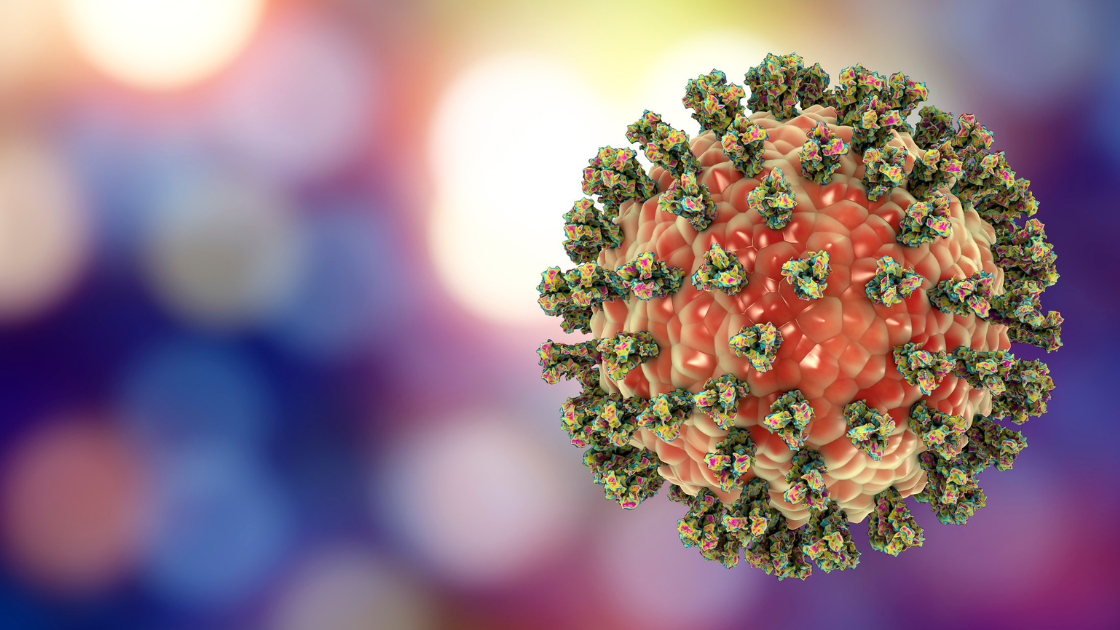Presented by Immanence Health
Written by Dr. Irina Strelyuk
The pineal gland is a small, pea-sized, pinecone-shaped endocrine structure located near the center of the brain.
Interestingly, in Eastern literature the pineal gland is associated with the “third eye” or the 6th chakra and is related with intuition and inner knowing. Some mystic and esoteric spiritual traditions suggest that the pineal gland serves as a connection between the physical and spiritual worlds and René Descartes, a French scientist and philosopher, believed that the pineal gland is “the seat of the soul”.
On the physical level, the pineal gland is best known for its role in producing and secreting the hormone melatonin in response to darkness at night. When the retina of the eye detects darkness, this signals the pineal gland to release melatonin, which tells your body to prepare for sleep.
Melatonin is important not only for sleep but is also involved in cell protection, neuroprotection, as well as other functions. Low levels of melatonin are associated with neurodegenerative disorders such as Alzheimer’s, Parkinson’s disease, Huntington’s disease, and autism, as well as cardiovascular disease, insulin resistance, infectious disease, and immune dysfunction and cancer.
Because the pineal gland is located outside of the blood-brain-barrier it is more vulnerable and susceptible to damage from environmental toxicants, heavy metals and other pollutants.
Aluminum, fluoride, glyphosate and mercury can all cause damage to the pineal gland and decrease melatonin production.
Exposure to electromagnetic fields (EMFs) from cell phones, tablets, computers, wireless internet routers, and other devices can also affect the pineal gland and disrupt melatonin production.
Detoxing The Brain (including the pineal gland)
The brain has its own cleaning system called the glymphatic system. It is similar to the body's lymphatic system and is managed by the brain's glial cells.
The glymphatic system is ten times more active during sleep compared to when we are awake. Brain cells also shrink by about 60 percent during sleep, which increases the space between brain cells and allows for more efficient removal of toxins from the brain.
Ways To Improve Glymphatic Flow And Support Brain Detox:
- Address sleep disturbances.
- Add bodywork treatments into your routine. Craniosacral therapy, manual lymphatic drainage massage with a focus on head and neck, cranial compressions.
- Address jaw misalignment and bite.
- Reduce exposure to EMFs. Turn off wireless routers and devices at night. Avoid keeping cell phones, computers or laptops in the bedroom. Avoid using Air Pods or holding the cell phone next to your head.
- Clean up your diet. Eat organic as much as possible to limit exposure to pesticides such as glyphosate.
- Avoid fluoride and other toxic metals and compounds. Use a water filter to remove chemicals and other contaminants. Avoid toothpaste and other products with fluoride. Look up pharmaceutical medications that contain fluoride (ex. Prozac and fluconazole) and discuss alternative options with your personal physician. Avoid non-stick cookware that uses fluorinated chemicals (i.e. Teflon). Find a holistic dentist who does not use fluoride or mercury (i.e. amalgam fillings) in their practice
- Targeted detox support. Speak with your doctor about personalized detox strategies of toxic heavy metals and other toxicants.
- Psychoemotional work. Physical symptoms and inability to detox are often related to unprocessed emotions and trauma.
About Dr. Irina Strelyuk
Dr. Strelyuk specializes in Complex Chronic Illness, Mold and Mycotoxin Illness, Vector-Borne Illness, Immune Dysfunction, and Health Optimization.
A typical patient for Dr. Strelyuk is someone who has already seen several doctors and specialists. A person with relatively normal lab results that do not match the long list of symptoms they are experiencing, as well as individuals who tend to be more sensitive to various treatments including herbs, supplements, and homeopathic remedies.
In addition to working with people with chronic illnesses, Dr. Strelyuk enjoys supporting individuals who are interested in preventative medicine and in optimizing their health before symptoms appear.
To learn more about working with Dr. Irina Strelyuk in person or virtually (US and Worldwide), set up a free discovery call with our team.
References:
1. https://www.ncbi.nlm.nih.gov/books/NBK550972/
2. https://www.slweb.org/ftrcfluorinatedpharm.html
3. https://fluoridealert.org/issues/sources/teflon-pans/
4. https://en.wikipedia.org/wiki/Pineal_gland
6. https://pubmed.ncbi.nlm.nih.gov/28078855/
7. https://www.shift.is/pineal-gland/
Disclaimer: this post is for informational purposes only and is not meant to treat, diagnose, cure, or prevent any disease. Please do your own research and consult with your own personal licensed health care provider before making any treatment decisions.
Share Article

Dr. Christine Schaffner
Founder / Physician
Dr. Schaffner is a board-certified Naturopathic Doctor and recognized thought leader. After graduating from Bastyr University in Seattle, Washington, Dr. Schaffner completed her undergraduate studies in Pre-medicine and Psychology at the University of Virginia in Charlottesville.
With her diverse skill set, Dr. Schaffner seeks to improve access, outcomes, and speed of recovery for patients struggling with chronic illness, from all around the world and combines both naturopathic and conventional therapies to develop individualized treatment plans that focus on addressing the underlying cause of complex chronic illness.
Dr. Schaffner is passionate about educating patients, as well as other practitioners, bringing the most advanced medical protocols to all, as well as creating spaces for healing and rejuvenation. Her style of practice is strongly rooted in traditional naturopathic principles, including removing toxins and establishing a strong health foundation in order to achieve optimal health.
You can learn more about Dr. Schaffner at www.drchristineschaffner.com.
Additional Articles


